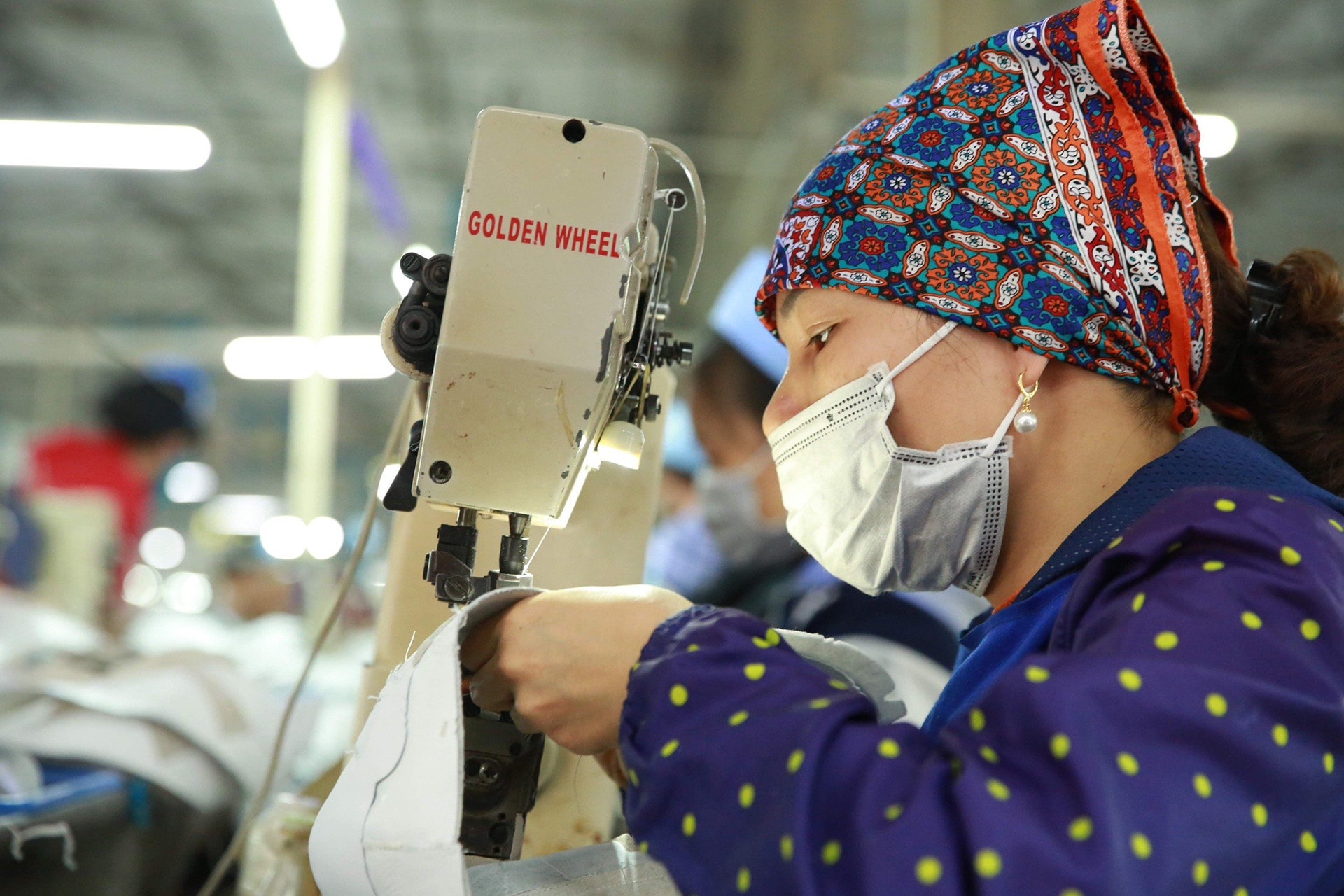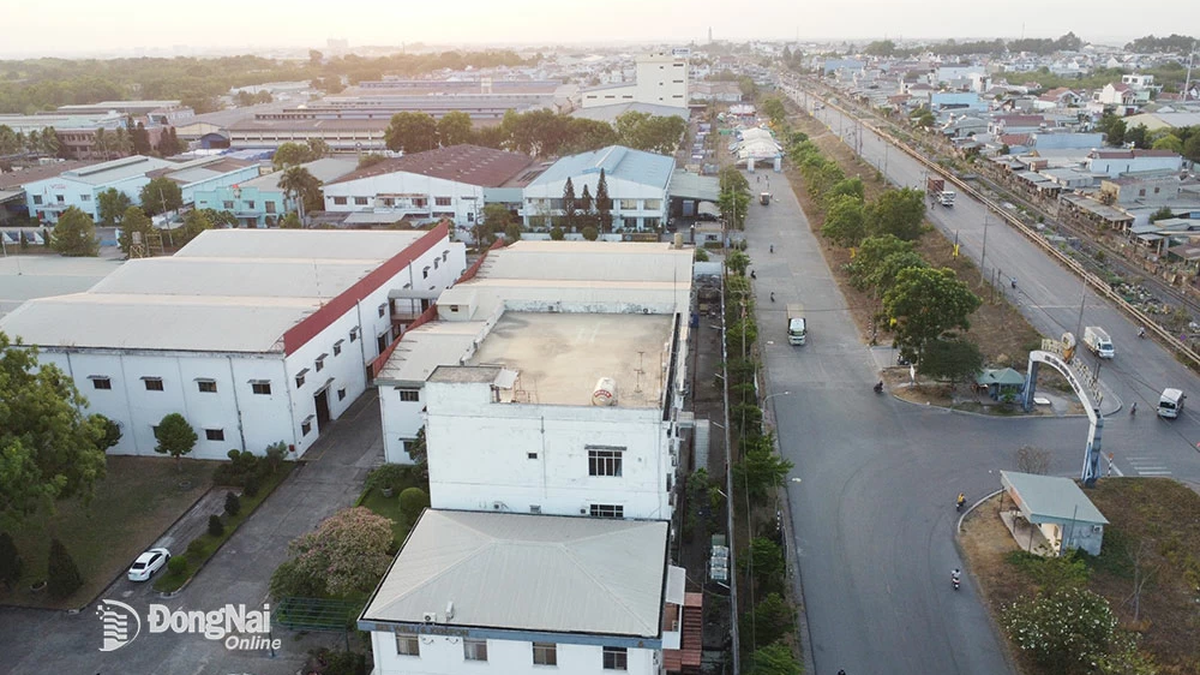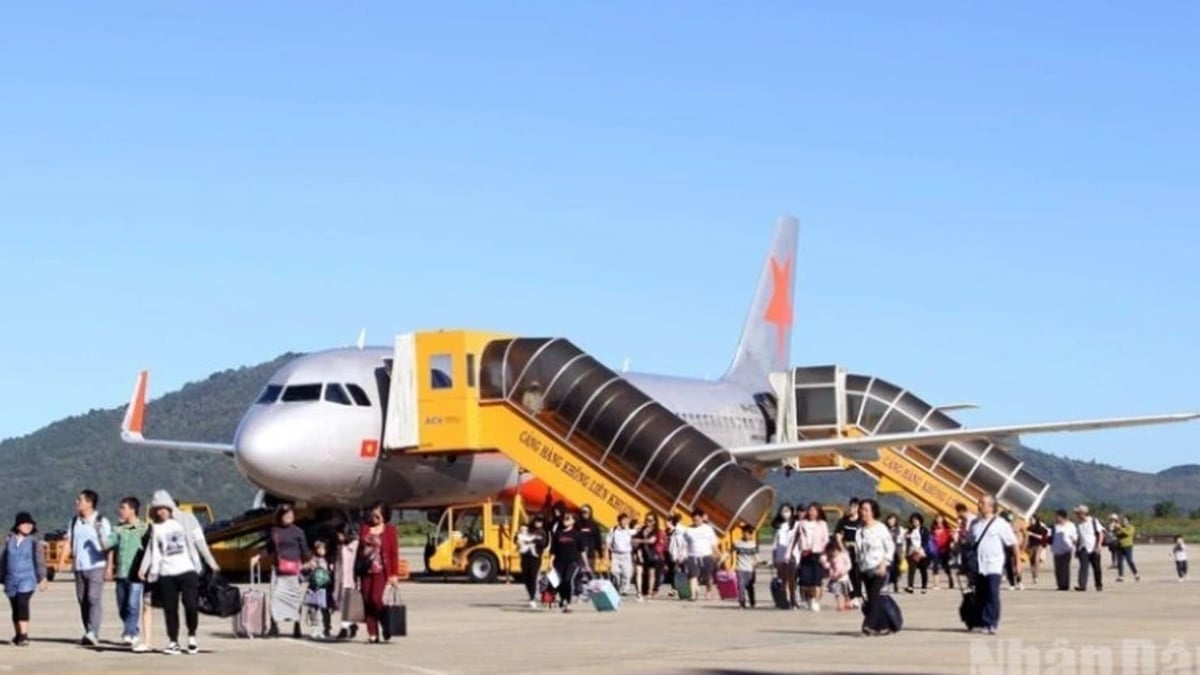
Not guaranteed minimum living standard
One late afternoon, after finishing her sales shift at a dairy company, Ms. Hoa in Trung My Tay ward ( Ho Chi Minh City) returned home looking tired, unable to hide her constant worries about life and money in this expensive city.
Hoa and her husband both have jobs, with a combined monthly income of about 13-14 million VND. This income is higher than the regional minimum wage currently applied in Ho Chi Minh City (nearly 5 million VND/person/month). At first glance, it sounds like enough to live on, but after deducting rent, food, electricity, water, and tuition for the two children, the remaining amount is almost insignificant.
Every time she hears about the increase in electricity and gas prices, Ms. Hoa can only sigh. Because with every expense, she has to calculate and save every penny to cover it.
During these summer days, Hoa and her husband are also worried about preparing books and uniforms for their children for the new school year. Her husband has to work as a Grab driver and delivery man in the evenings to earn extra income.
Ms. Hoa's story is not an isolated case. In big cities like Hanoi and Ho Chi Minh City, there are many other workers who are also living in a situation where "income is not enough to cover expenses". They work overtime, sacrifice their health and time with their families, trying to stay in the city.
According to a survey of 3,000 workers in 10 provinces and cities conducted by the Vietnam General Confederation of Labor in March and April, 12.5% of workers have to borrow money every month, 26.3% spend frugally, and 7.9% do not have enough to live on. Only 55.5% said that their main meals have enough meat and fish. Low income affects their health, productivity, and decisions to get married, have children, and invest ineducation .
In fact, in the past two years, the minimum wage has only been adjusted once, by 6%. Meanwhile, electricity prices have increased four times, causing production costs and prices of essential goods to skyrocket. As a result, workers’ incomes are increasingly falling behind the rate of increase in living costs.
Many workers who stay in the city gradually lose the opportunity to save money, invest in their children's education, or improve their living conditions.
Minimum wage must be calculated correctly and sufficiently according to the standard of living.

Currently, the regional minimum wage is applied from 3.45 million VND/month (region IV) to 4.96 million VND/month (region I), corresponding to an hourly wage of 16,600-23,800 VND. Although the National Wage Council has agreed to submit to the Government a plan to increase the minimum wage by 7.2% in early 2026, with the current low level, if it only increases by 5-7% each year, the minimum wage will still be "exhausted" by the escalating cost of living.
To untie this “bottleneck”, the first thing is to redefine the true nature of the minimum wage. It must be a level that ensures a minimum living standard for workers and their families in each region. Adjusting the minimum wage cannot be done in a “leveling” or emotional way, but must be based on a practical survey, correctly and fully calculating essential expenses such as rent, electricity, water, tuition, healthcare, transportation, etc.
The policy of increasing the minimum wage only makes sense when accompanied by price control measures. Because if income increases but the prices of gasoline, electricity, food, etc. also increase, or even “surpass” the wage increase, workers still cannot improve their lives. Maintaining the real value of wages should be considered a task that goes hand in hand with adjusting wage policies.
At the same time, to increase the minimum wage sustainably, it must be associated with improving labor productivity. Therefore, businesses need to invest in technology, innovate production processes, and at the same time support workers to improve their skills and adapt to the digital transformation process that is taking place strongly. When productivity increases, income can improve substantially, and then the minimum wage has the meaning of ensuring a sustainable life.
In addition, in terms of policy, the State needs to have solutions to reduce cost pressure for workers through the development of social housing and low-cost accommodation for workers; expanding access to essential public services such as healthcare, education, and schools near industrial parks. These are important “levers” to help workers stabilize their lives, creating conditions for long-term attachment to businesses and the labor market.
In short, for the minimum wage to truly become a “security cushion” for workers, the policy cannot stop at increasing it by a few percent each year. This requires a comprehensive approach, from redefining the minimum living standard to match the reality of each region, controlling prices, improving labor productivity to expanding the social security system. This is not only a matter of wages but also a matter of sustainable development, ensuring fairness and stability in the labor market in the long term.
KT (According to Vietnamnet)Source: https://baohaiphongplus.vn/de-nguoi-lao-dong-du-song-khong-chi-tang-vai-phan-tram-luong-toi-thieu-416469.html




















































![[Maritime News] More than 80% of global container shipping capacity is in the hands of MSC and major shipping alliances](https://vphoto.vietnam.vn/thumb/402x226/vietnam/resource/IMAGE/2025/7/16/6b4d586c984b4cbf8c5680352b9eaeb0)













































Comment (0)